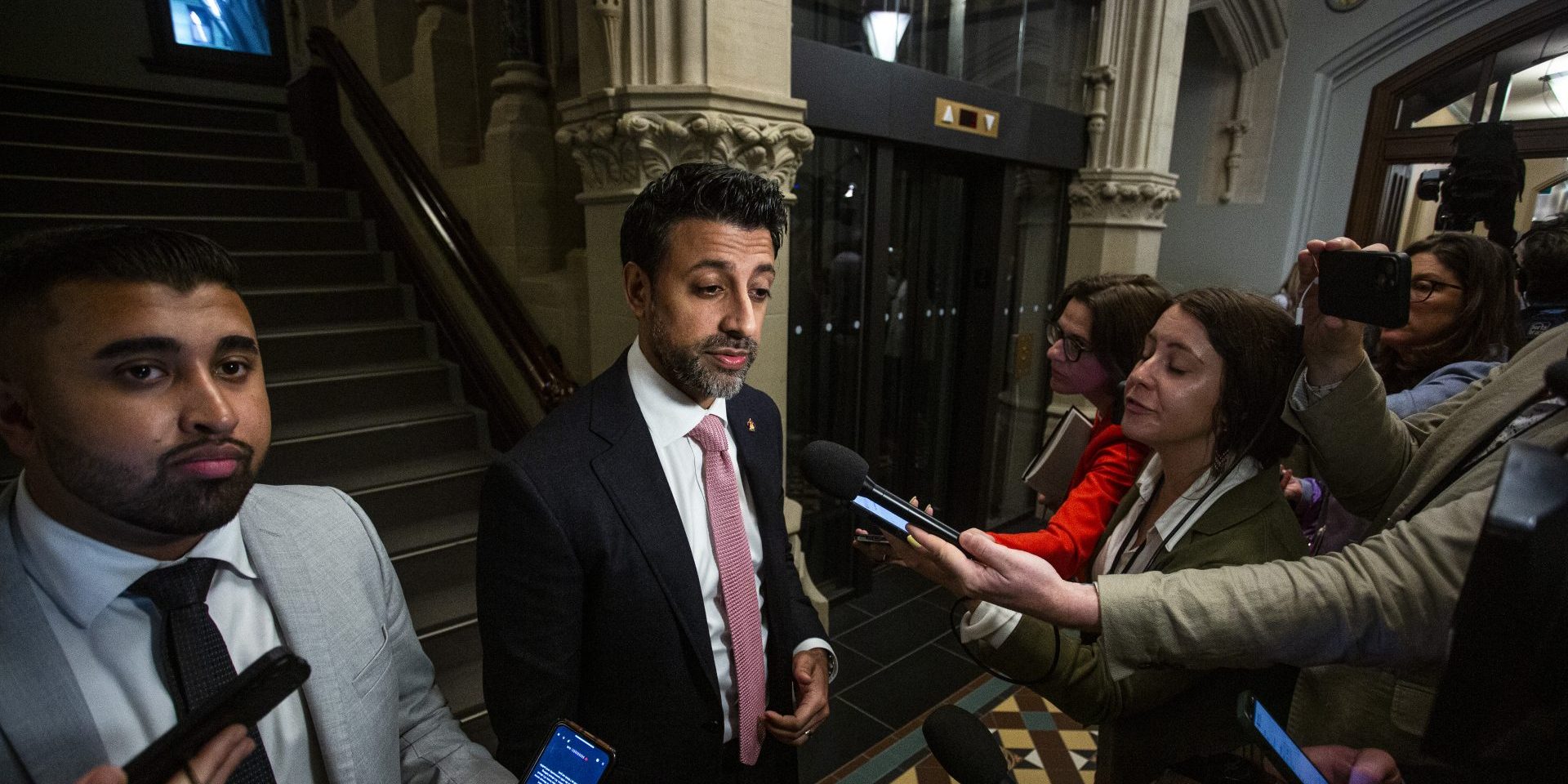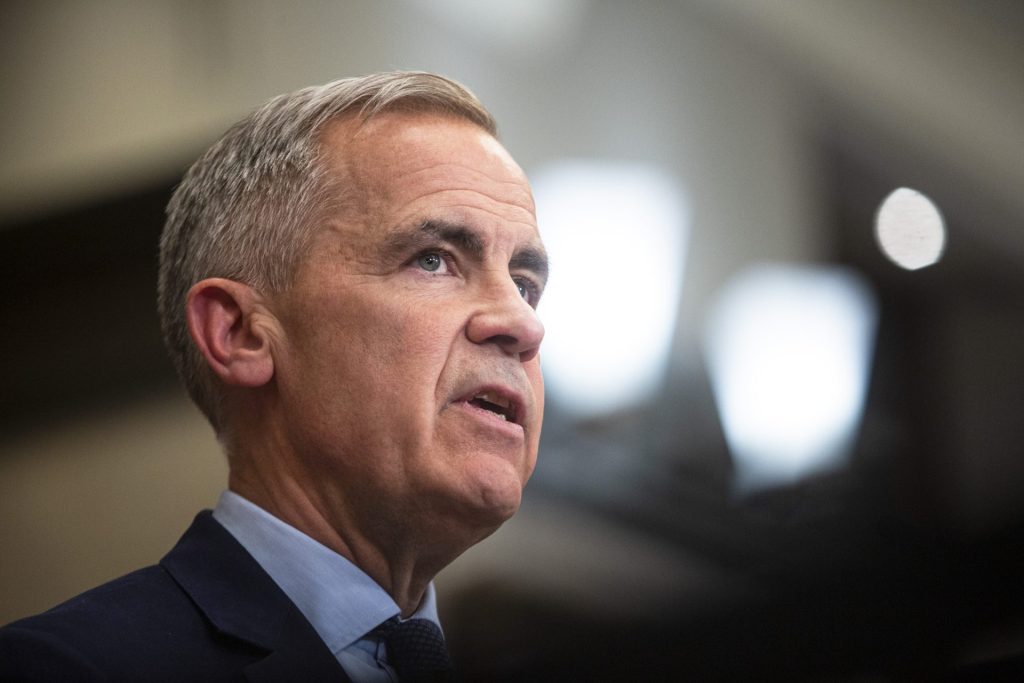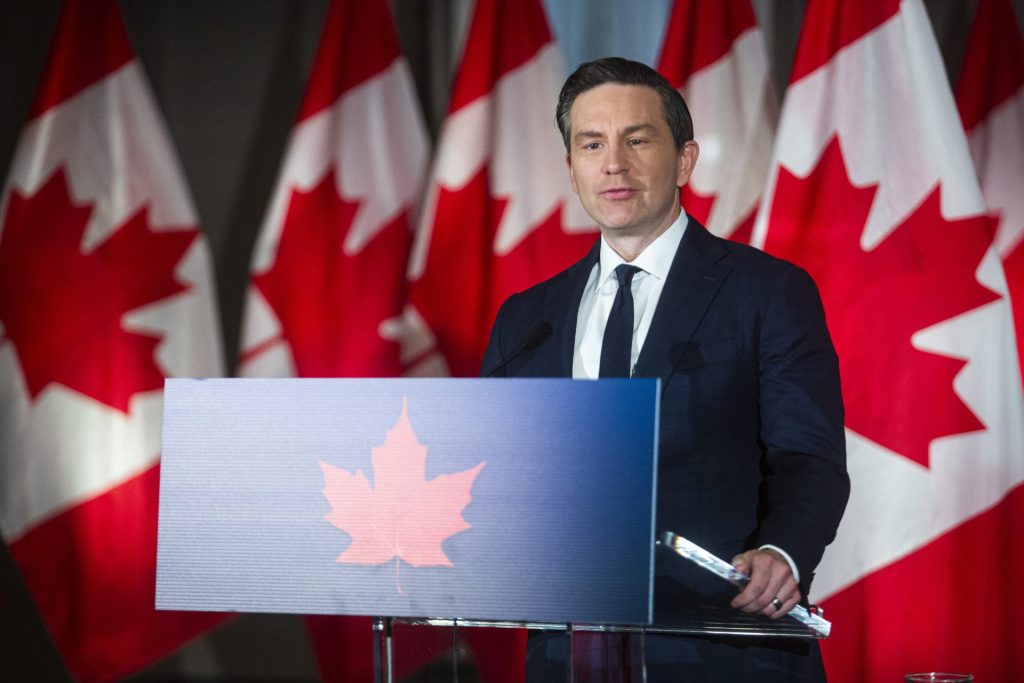Observers eye fall sitting for bills to implement still-secret trade pacts with Indonesia and Ecuador

With a promise to build more trade links away from Canada’s southern neighbour, the government’s legislative agenda is expected to feature implementing finalized deals with Indonesia and Ecuador.
Negotiations with the two countries were completed under the Trudeau government, but the final deals have yet to be unveiled.
Talks for the Canada-Indonesia trade agreement were completed last December. At the time, the two sides planned to sign the agreement in 2025.
An order-in-council was issued in June that authorized Prime Minister Mark Carney (Nepean, Ont.), Foreign Affairs Minister Anita Anand (Oakville East, Ont.), or a delegate to sign the pact.
Negotiations between Canada and Ecuador on a free trade agreement concluded this past January. Global Affairs Canada (GAC) has released brief statements of negotiated outcomes for both agreements with Indonesia and Ecuador, but the text has yet to be released for either pact.
“My understanding is that the Indonesia and Ecuador bills will move quickly,” said Canadian Agri-Food Trade Alliance executive director Michael Harvey. “I’m not aware of any opposition to these bills right now, so we are expecting things to move expediently.”
He said that passage of an implementation bill for the Canada-Indonesia agreement is the priority.
“Indonesia is a country with a rapidly growing economy and a rapidly growing middle class, and these are people that want to buy higher-quality food, so that’s a great market opportunity for Canadian exporters,” Harvey said.
Indonesia is Canada’s 22nd largest goods trading partner. Two-way trade surpassed $5-billion in 2023.
Canada is also in the middle of trade negotiations with the Association of Southeast Asian Nations (ASEAN). Canada and ASEAN held the 14th negotiating committee meeting in July. The two sides have committed to finalizing a pact “as soon as possible.”

International Trade Minister Maninder Sidhu (Brampton East, Ont.) travelled to Ecuador in May, and signed a joint statement that marked the conclusion of “substantive negotiations” despite already having been concluded earlier in the year. In a press release following the visit, GAC noted the goal of the pact entering into force “as soon as possible.”
The federal government hasn’t indicated when it will table implementation legislation for the two trade agreements. A spokesperson for Sidhu didn’t respond to a request for comment.
But Ottawa has pledged to move forward with an implementation bill for the United Kingdom’s accession to the Comprehensive and Progressive Agreement for Trans-Pacific Partnership (CPTPP).
That bill could have a rocky time in Parliament as domestic beef and pork exporters have vowed opposition over the U.K.’s unwillingness to adopt food safety standards used by Canada, which has barred exports.
“The beef and pork sectors call on parliamentarians to reject this ascension when it comes to a vote in Parliament until these barriers are addressed,” the Canadian Meat Council, Canadian Cattle Association, and Canadian Pork Council said in a 2023 joint statement.
Negotiations towards a comprehensive bilateral trade pact between Canada and the U.K. remain paused by London over barriers to accessing Canada’s cheese market.
In 2021, Ottawa had maintained that the bilateral negotiations were an “important factor” for its support for U.K.’s accession to the CPTPP, as reported by The Hill Times.
A Prime Minister’s Office readout of a June 15 meeting between Carney and U.K. Prime Minister Keir Starmer notes that Canada “would seek” to introduce an implementation bill for the accession in the fall.
Earlier this year, Carney announced a $5-billion initiative to promote trade diversification, which includes financing for infrastructure to export goods east and west.
As Canada has been subject to American tariffs, the prime minister has reiterated a push to explore new markets around the world.
Reuters reported that Canada was restarting negotiations with Mercosur—the trade bloc whose full members consist of Argentina, Brazil, Paraguay, and Uruguay—noting that Sidhu is expected to travel to Brazil later this month. The negotiations have been at a standstill since 2021 after being launched in 2018.
The next steps
Stuart Trew, a senior researcher at the Canadian Centre for Policy Alternatives, said it is “a little ridiculous” that there still hasn’t been any text released for the completed negotiations with Indonesia.
“It’s simply waiting to be signed, and in a lot of other countries, we would have seen the deal by now even though they haven’t signed it,” he said.
He said that a complicating factor with moving forward on implementing a Canada-Indonesia agreement is that Jakarta is in talks with the United States on a trade deal. The two countries announced a framework on a pact in July.
“Indonesia is probably weighing the risks of tabling this thing too soon while negotiations are still underway with [U.S. President Donald] Trump,” said Trew, remarking that Trump may want elements that Canada was able to get Indonesia to agree to.

Trew said, overall, there is pressure on the Canadian government to show wins on its trade-diversification strategy.
He said the government may see a pathway for a political victory by moving an implementation bill quickly through Parliament, which could come by the way of pushing the Canada-Ecuador deal through.
The Canadian Centre for Policy Alternatives has joined other civil society organizations in opposition to the pact due to concerns over mining exploitation, and a lack of consultation with Indigenous groups in Ecuador.
Last October, a delegation of visiting Indigenous leaders implored the Canadian government to abandon the deal, asserting that it would violate the sovereignty of Ecuadorian people.
“That could get messier than [the government] hopes,” Trew said. “But I do think it’s ready.”
One test of the parliamentary path will have to wait until the language of the bill is released. The Conservatives have opposed any language on carbon pricing being included in trade bills, which came to a head when they voted against the modernization of the Ukraine trade deal in late 2023.
In February 2024, Conservative MPs asked the Canadian negotiator about carbon-pricing language being included in the Ecuador agreement.
“As part of our discussions with Ecuador, we are looking at a comprehensive environment chapter. Whether Ecuador is interested in discussions about that, I’m not aware,” GAC official Doug Forsyth said at the time.
Trew said it remains an open question how much the Conservatives will want to make any environment provisions an issue.
“We have seen in the past with the Ukraine deal [the Conservatives] really trying to drag it out, and stop it on a point of environmental protection or the issue around carbon pricing,” he said.
The governing Liberals would need one other party to support a trade implementation bill at the 10-member House Committee for International Trade to ensure passage to third reading.
nmoss@hilltimes.com
The Hill Times






 LICENSING
LICENSING PODCAST
PODCAST ALERTS
ALERTS













